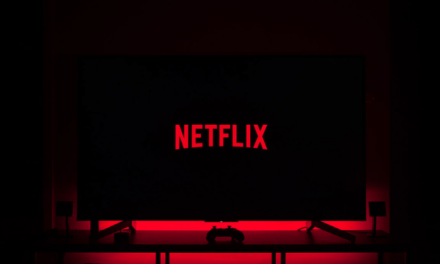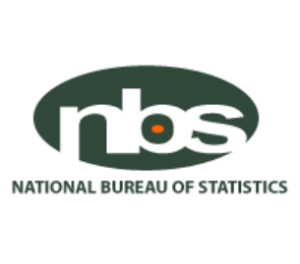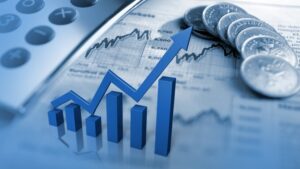In the November edition of its Nigeria Development Update, the World Bank has described Nigeria’s debt as vulnerable, costly and at risk of becoming unsustainable in the event of macro-fiscal shocks.
The Washington-based global financial institution, said despite being vulnerable and costly, Nigeria’s debt remains sustainable, especially due to large and growing financing from the Central Bank of Nigeria.
The World Bank stated that while the current debt stock of 27% of the Gross Domestic Product (GDP) is considered sustainable, any macro-fiscal shock can push debt to unsustainable levels.
However, it noted that the debt to the GDP in Nigeria is rising quickly, and the total stock of debt in absolute value has almost doubled between 2016 and 2020, and without a policy change is expected to reach 40 per cent of the GDP by 2025.
The bank further expressed that the cost of debt servicing is also of concern as it is potentially crowding out public investment and critical service delivery spending.
Since 2018, interest costs have been above 2% of the GDP, which rose to 2.4% of the GDP in 2019, later falling to 2.2% in 2020.
In a statement, the World Bank disclosd that the cost of debt is high as the Federal Government also resorts to overdraft (Ways and Means financing) from the CBN to meet in-year cash shortfalls.
At the end of 2020, the stock of the CBN Ways and Means financing was estimated at N13.1tn or 8.5% of the GDP.
The Federal Government, however, has made efforts to negotiate terms with the apex bank in order to convert the stock of overdraft financing into long-term debt instrument, which would lower the cost of debt for the government and enhance fiscal sustainability over the medium and long term.
The Federal Government’s National Development Plan (NDP) 2021-2025 projects to push the public debt stock to N50.22tn by 2023, with domestic debt at N28.75tn and external debt at N21.47tn.
According to the Debt Management Office, as at the third quarter of 2021, Nigeria’s public debt was N38 trillion with the total debt stock rising by N2,540 trillion in three months between July and September 2021.
In reactions to the World Bank’s statement, the Fiscal Policy Partner and Africa Tax Leader of PwC, Mr Taiwo Oyedele, also aligned with the World Bank’s assertion, noting that although the debt to GDP ratio is not too high, but the debt service cost to revenue ratio, is already over 70 which makes it costly.
He noted further that Nigeria borrows in dollars at double-digit, which makes the rates very high and the cost of servicing the debt in naira goes up because it is dollar-dominated debt.
Oyedele, however, advised the government to have an integrated debt-revenue-expenditure strategy, which would address expenditure efficiency, terms of borrowing, and revenue optimisation.
Similarly, a former Deputy Governor of the Central Bank of Nigeria and former presidential candidate, Kingsley Moghalu, also criticised the rate at which the Nigerian government is borrowing funds noting that, there are many ways through which we can improve Nigeria’s domestic revenue situation without selling the future of our country.
Moghalu futher advised that the government should rather focus on where to get revenue instead of bleeding the economy by borrowing funds to survive, noting that Nigeria’s economy is still very basic and should not be compared with advanced economies.










